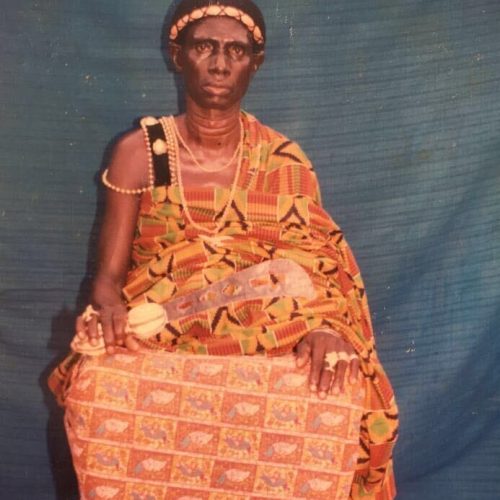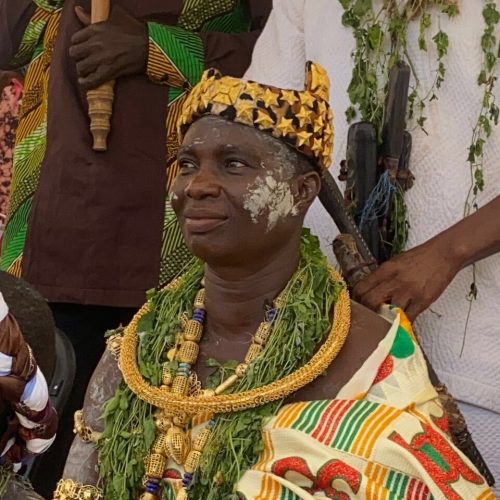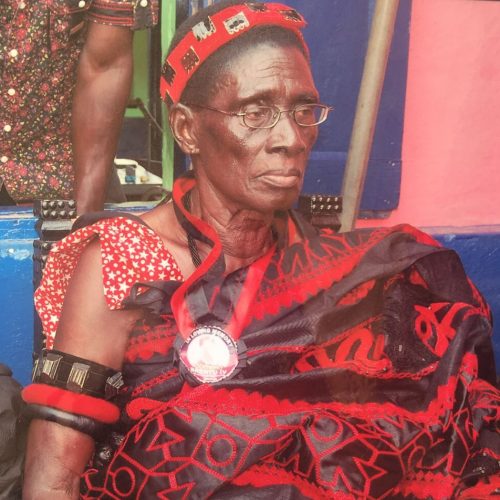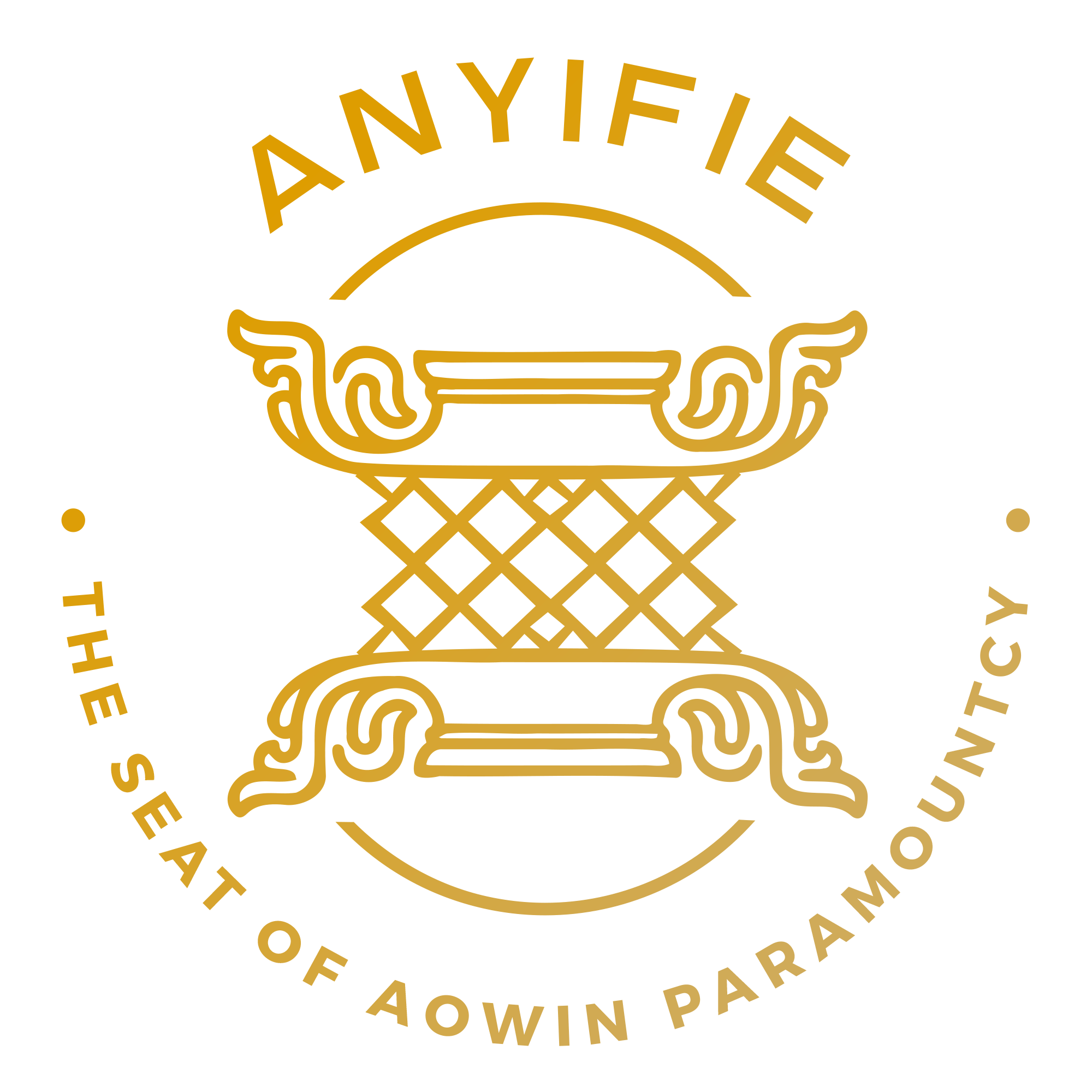Governance
The Aowin Traditional Area operates under a centralized chieftaincy system, with the Omanhene, or paramount chief, serving as the head of state. The Omanhene is supported by a council of sub-chiefs and elders, each responsible for various clans and villages within the Kingdom. This governance structure is rooted in the historical practices of the Aowin people, which have been preserved and adapted over centuries.
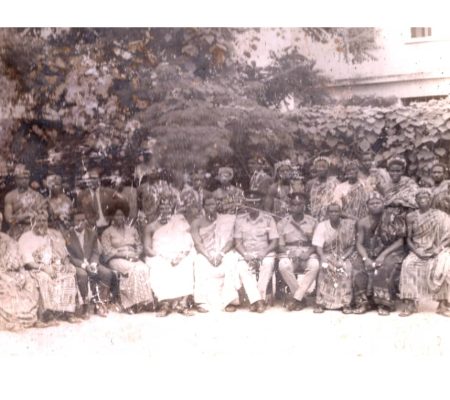
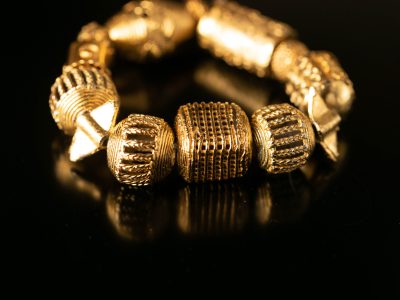
The Traditional Council, led by the Omanhene, plays a crucial role in managing the affairs of the state, including land disputes, cultural preservation, and community development. The council also serves as the primary link between the Aowin people and the modern governmental structures of Ghana.
In recent times, under the leadership of Beyeeman Tano Kwaw Benbuin III, the Aowin Traditional Council has focused on balancing the preservation of cultural heritage with the demands of modernization. This includes initiatives aimed at improving education, infrastructure, and economic development within the Aowin Traditional Area.
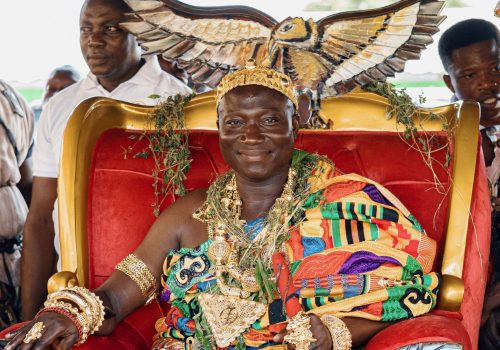
The Aowin Traditional Area is governed by a lineage system rooted in the Oyoko Clan. Leadership has been passed down through generations, ensuring the continuity of tradition and governance.
Royal Family
(Significant figures)
The Royal Family of the Aowin Traditional Area holds a position of great respect and authority, serving as the custodians of the region’s cultural heritage, traditions, and governance. The royal family is led by the Omanhene (Paramount Chief), who is the highest-ranking traditional leader within the Aowin State. The Omanhene, together with the royal council, plays a vital role in maintaining the customs and traditions of the Aowin people, as well as in resolving disputes and guiding the community.
The current Omanhene is Beyeeman Tano Kwaw Benbuin III, who ascended to the throne in 2019. He is known for his dedication to the welfare of the Aowin people, fostering unity, and promoting development within the region. The Omanhene is supported by other chiefs, elders, and the Queen Mother, all of whomplay important roles in the governance and cultural life of the Aowin people.
The royal family is seen as the embodiment of the Aowin people’s history and values, and they are deeply involved in the organization of key cultural events, such as the Alluolue Festival. The lineage of the royal family is traced through both matrilineal and patrilineal lines, reflecting the intricate traditions of succession in the Aowin culture.
Lineage of Rulers of Aowin Traditional Area
The Aowin Traditional Area has a rich history of leadership, with a long line of Omanhenes and Queen Mothers from the famous Oyoko Clan who have guided the people through various periods of change and development. The lineage of rulers and queen mothers is carefully preserved through oral histories, genealogies, and records maintained by the royal court.
Nana Annor Asema
Nana Anwanzi Panyi I
Nana Tano Kwaw I (Tankwaw)
Nana Ebbah Dishie I
Nana Atta Kwaku I
Nana Boafo Ntaah I
Nana Abiaw I
Nana Brentu I 1883 – 1904
Nana Asua I 1904 – 1915
Nana Brentu II 1915 – 1942
Nana Tano Kwaw Benbuin II 1942 – 1946
Nana Brentu III 1946 – 1948
Nana Atta Kwaku II 1949 – 1968
Nana Boafo Ntaah II (Awulae) 1969 – 1988
Nana Brentu IV (Odeneho) 1989 – 2012
Nana Tano Kwaw Benbuin III 2019 – Present
Nana Annor Asema
Nana Anwanzi Panyi I
Nana Tano Kwaw I (Tankwaw)
Nana Ebbah Dishie I
Nana Atta Kwaku I
Nana Boafo Ntaah I
Nana Abiaw I
Nana Brentu I 1883 – 1904
Nana Asua I 1904 – 1915
Nana Brentu II 1915 – 1942
Nana Tano Kwaw Benbuin II 1942 – 1946
Nana Brentu III 1946 – 1948
Nana Atta Kwaku II 1949 – 1968
Nana Boafo Ntaah II (Awulae) 1969 – 1988
Nana Brentu IV (Odeneho) 1989 – 2012
Nana Tano Kwaw Benbuin III 2019 – Present
Nana Annor Asema
Nana Anwanzi Panyi I
Nana Tano Kwaw I (Tankwaw)
Nana Ebbah Dishie I
Nana Atta Kwaku I
Nana Boafo Ntaah I
Nana Abiaw I
Nana Brentu I 1883 – 1904
Nana Asua I 1904 – 1915
Nana Brentu II 1915 – 1942
Nana Tano Kwaw Benbuin II 1942 – 1946
Nana Brentu III 1946 – 1948
Nana Atta Kwaku II 1949 – 1968
Nana Boafo Ntaah II (Awulae) 1969 – 1988
Nana Brentu IV (Odeneho) 1989 – 2012
Nana Tano Kwaw Benbuin III 2019 – Present
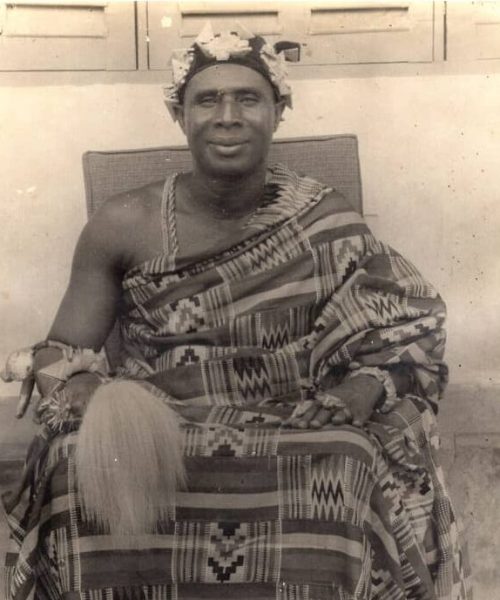
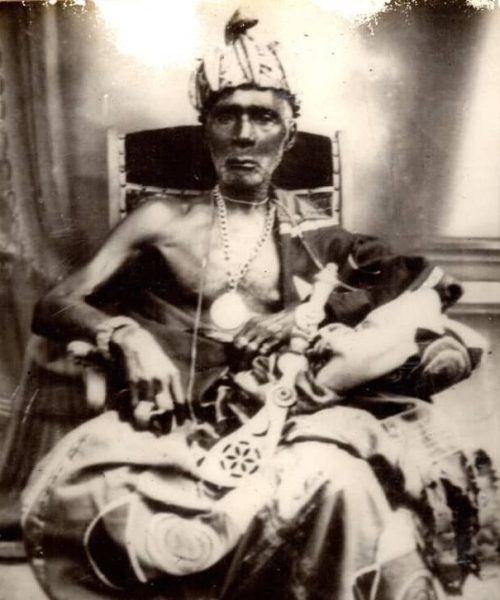
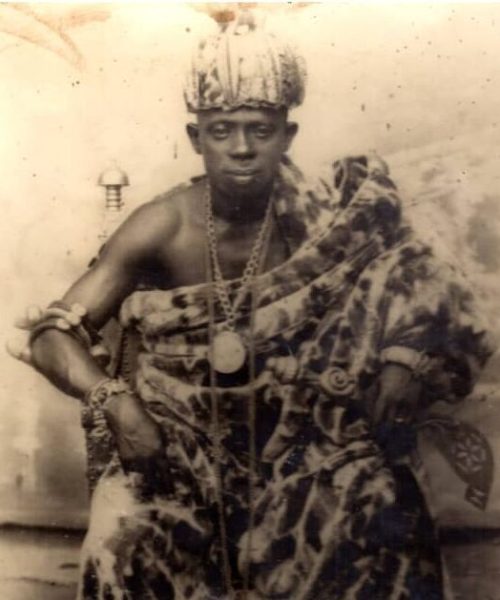
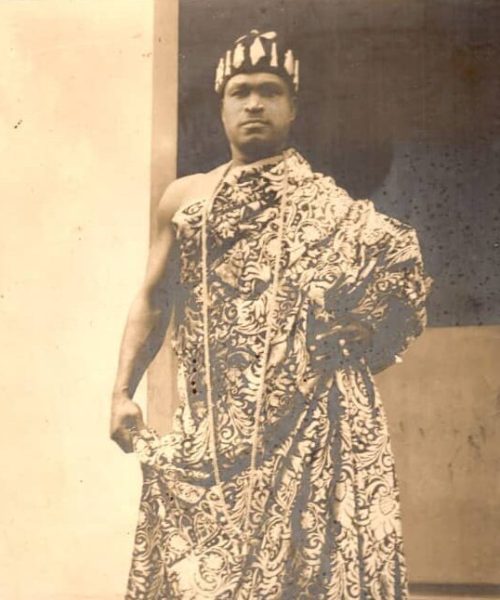
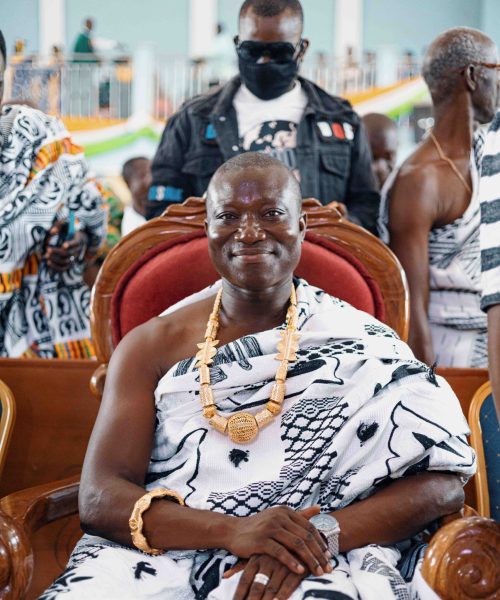
Lineage of Queen Mothers of Aowin Traditional Area
The Queen Mothers of the Aowin Traditional Area have also played a crucial role in the history of the kingdom. They are often seen as the spiritual backbone of the royal family, responsible for upholding moral standards and cultural practices
Nana Amme Payin
Nana Assoa Mai
Nana Epoma I
Nana Kwaama Payin I
Nana Yaa Amoa
Nana Essoa Allua
Nana Afua Nyakoa
Nana Amoa Payin
Nana Amoako Assuamah
Nana Ammee Payin II
Nana Assuamah Payin II 1989- 2024
Nana Amoa Payin II 2024 – Present
Nana Amme Payin
Nana Assoa Mai
Nana Epoma I
Nana Kwaama Payin I
Nana Yaa Amoa
Nana Essoa Allua
Nana Afua Nyakoa
Nana Amoa Payin
Nana Amoako Assuamah
Nana Ammee Payin II
Nana Assuamah Payin II 1989- 2024
Nana Amoa Payin II 2024 – Present
Nana Amme Payin
Nana Assoa Mai
Nana Epoma I
Nana Kwaama Payin I
Nana Yaa Amoa
Nana Essoa Allua
Nana Afua Nyakoa
Nana Amoa Payin
Nana Amoako Assuamah
Nana Ammee Payin II
Nana Assuamah Payin II 1989- 2024
Nana Amoa Payin II 2024 – Present
